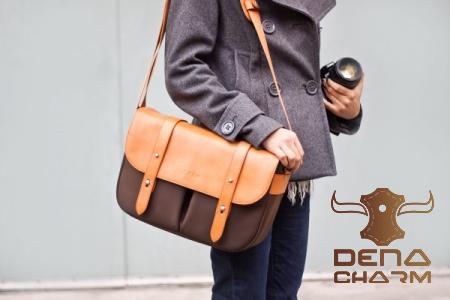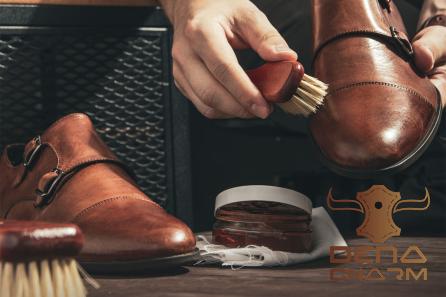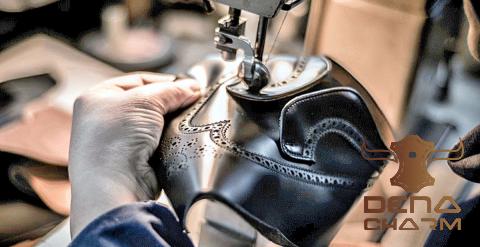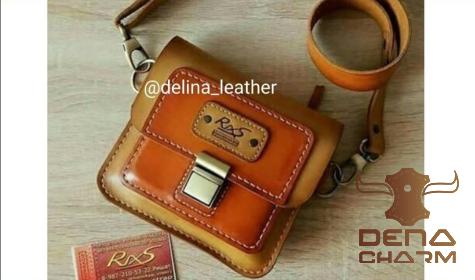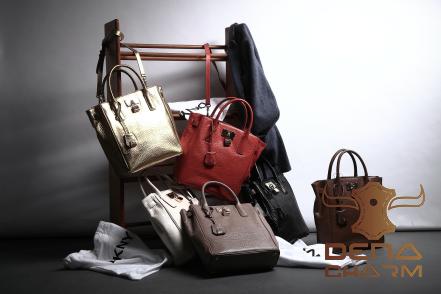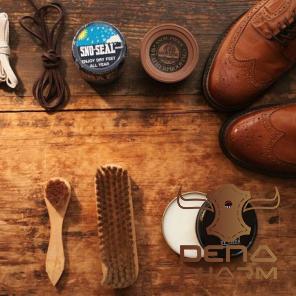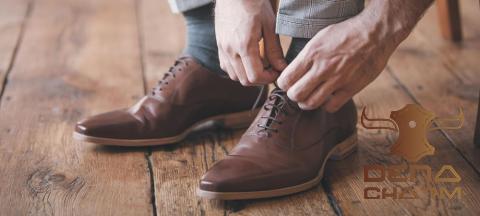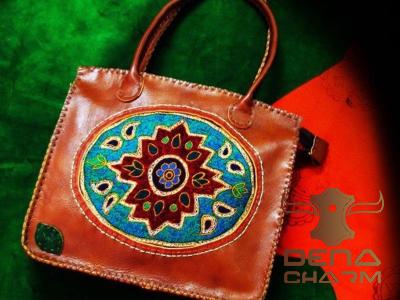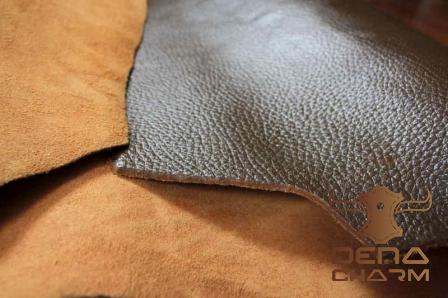A Closer Look at its Features, Advantages, and Disadvantages Introduction Leather has long been regarded as a mark of luxury and durability. For businesses in the fashion, furniture, and automotive industries, a reliable and high-quality supply of leather material is crucial. With the rising demand for genuine leather, some companies are considering the prospect of purchasing a genuine leather material factory. In this article, we will explore the key features, advantages, and disadvantages associated with buying a genuine leather material factory. Features of a Genuine Leather Material Factory 1. State-of-the-Art Machinery and Equipment: A genuine leather material factory is equipped with high-grade machinery and equipment specifically designed for the production of leather. This includes cutting-edge tanning machines, drying chambers, and specialized machinery for various leather treatments. By having access to top-notch equipment, a leather factory can ensure consistent quality and efficient production processes. 2. Skilled Workforce: Another vital feature of a genuine leather material factory is the presence of a skilled workforce. Experienced leather artisans and technicians are well-versed in the art of leather-making and possess the necessary expertise to handle a range of tasks. From the initial stages of raw material selection to the final stages of finishing and quality control, these professionals ensure that each leather product meets the highest standards. 3. Sustainable and Ethical Practices: Many genuine leather material factories prioritize sustainable and ethical practices in their operations. This includes responsible sourcing of raw materials, adherence to labor laws, and implementation of eco-friendly production processes. By working with a factory that values sustainability and ethics, businesses can align themselves with socially responsible practices, appealing to eco-conscious consumers. Advantages of a Genuine Leather Material Factory 1. Quality Control: One of the key advantages of owning a genuine leather material factory is the ability to control the quality of the leather produced. By overseeing the entire production process closely, businesses can ensure that the leather meets their desired specifications. This level of control allows for consistency and reliability in the supply chain, reducing the risk of receiving subpar materials. 2. Competitive Pricing: Owning a genuine leather material factory can potentially lead to cost savings in the long run. By eliminating middlemen and outsourcing costs, businesses can benefit from competitive pricing when purchasing their own leather. This is especially beneficial for companies with high leather consumption or those aiming to expand their product offerings using leather materials. 3. Customization: With a genuine leather material factory at their disposal, businesses gain the ability to customize their leather products. Whether it’s a unique texture, color, or finish, owning a factory allows for greater flexibility in meeting specific customer demands. This customization potential can give companies a significant edge in the market, enabling them to offer exclusive products that differentiate them from competitors. Disadvantages of a Genuine Leather Material Factory 1. Capital Investment: Setting up a genuine leather material factory requires a substantial initial capital investment. From purchasing or leasing a suitable facility to acquiring machinery and hiring skilled workers, the financial commitment can be significant. It’s important for businesses to carefully assess their financial capabilities before venturing into owning a factory. 2. Expertise and Management: Running a genuine leather material factory demands extensive expertise and management skills. Apart from overseeing the production process, business owners must also navigate the complexities of the leather market and stay updated with emerging trends. Recruiting and retaining skilled workers can also present challenges, as skilled leather artisans are in high demand. 3. Market Volatility: The leather industry, like any other market, is subject to fluctuations and uncertainties. Economic conditions, changes in consumer preferences, and fluctuations in the price of raw materials can impact the profitability of owning a genuine leather material factory. Businesses must conduct thorough market research and develop contingency plans to mitigate the risks associated with market volatility. Conclusion Purchasing a genuine leather material factory offers businesses numerous advantages, including quality control, competitive pricing, and customization options. However, it also entails substantial financial investment, requires specialized expertise, and carries the risks associated with market volatility. Business owners must carefully weigh the pros and cons before making the decision to buy a genuine leather material factory. By doing so, they can ensure a steady and reliable supply of high-quality leather that meets the demands of their customers in the long term.
